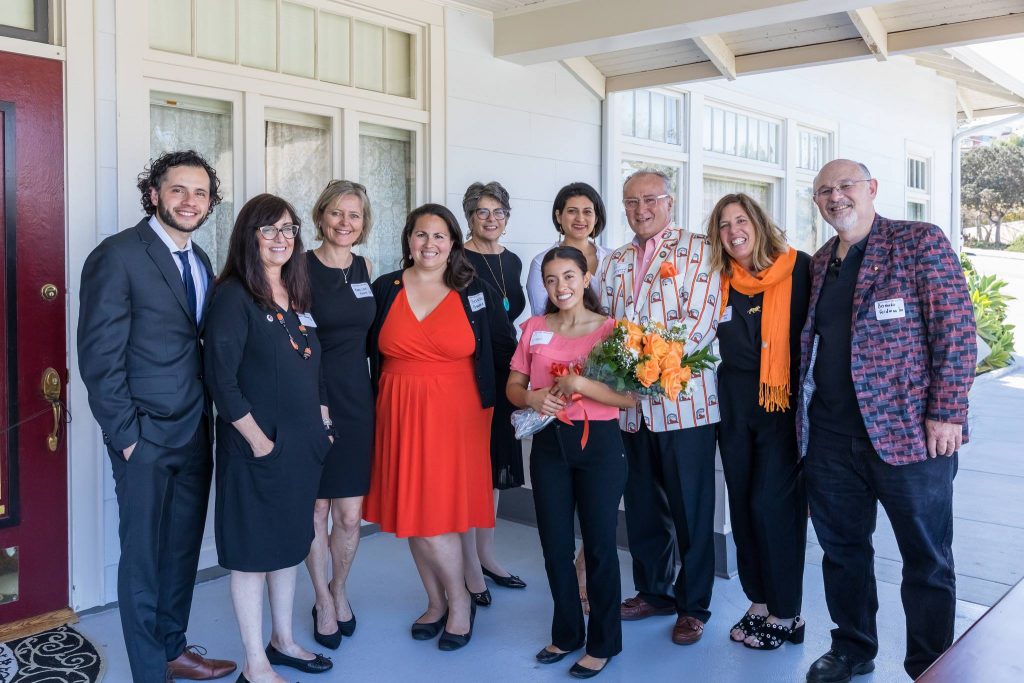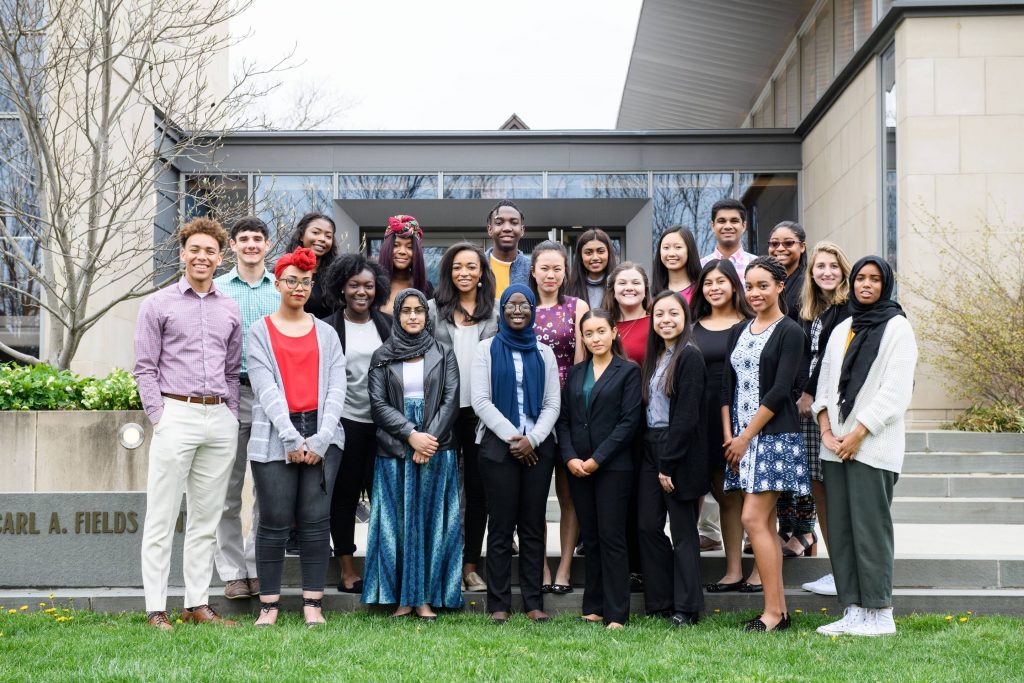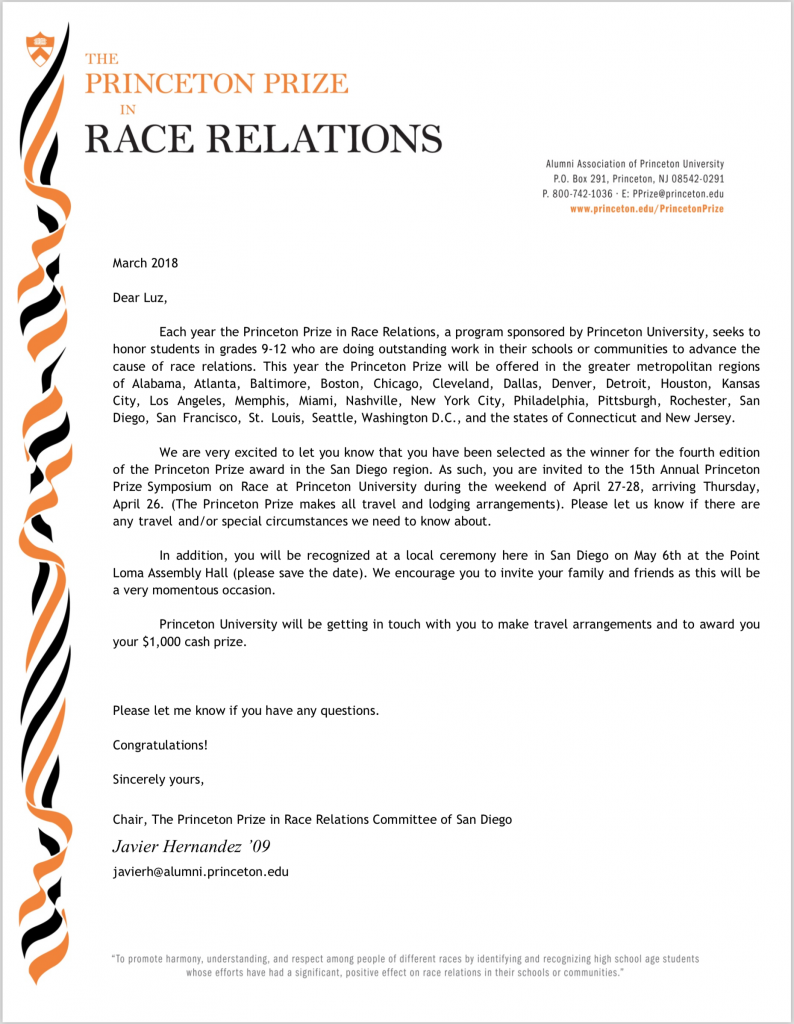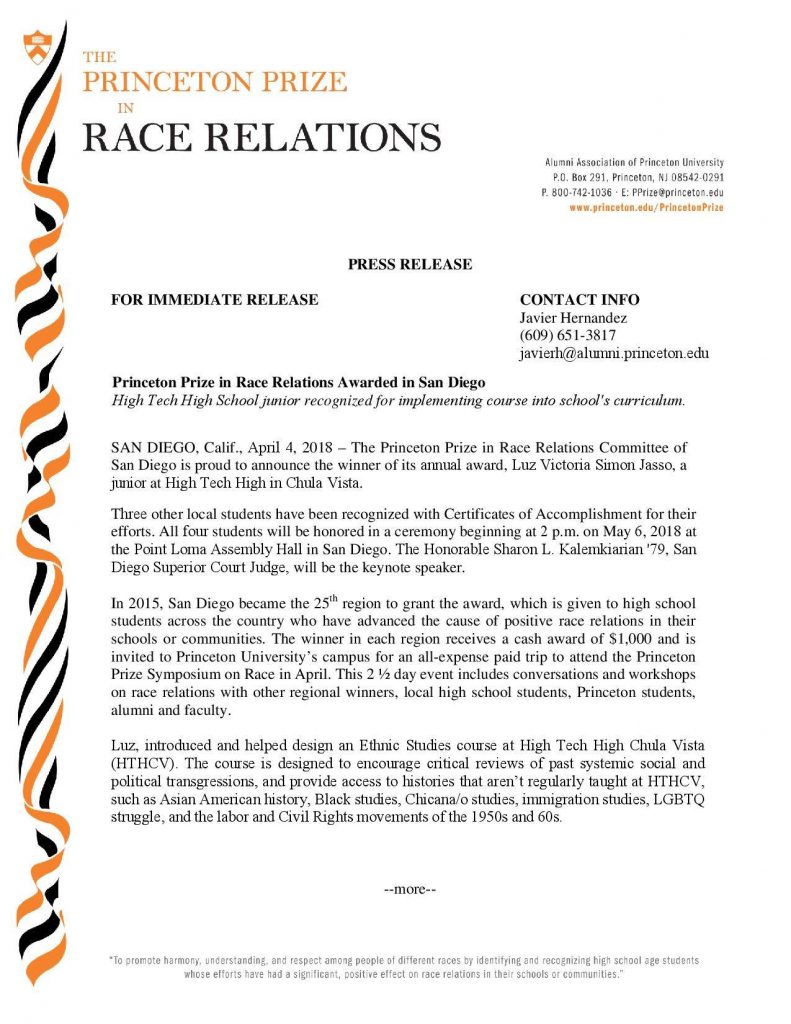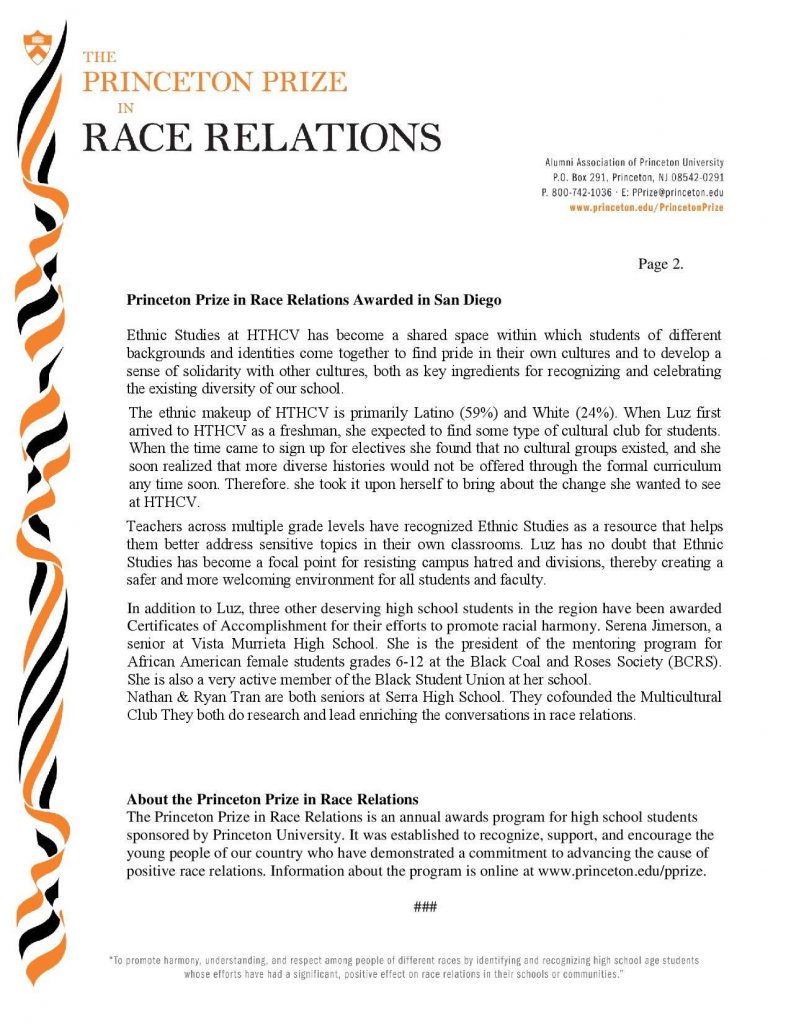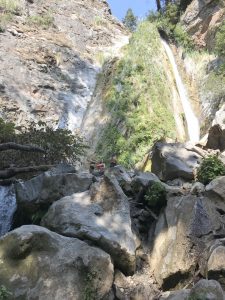
My mother came to the United States from Guanajuato as a teenager but she is not an immigrant. Generations of family before her also came to the North but that does not make us a family of immigrants.
By the color of my skin and the languages I speak you may think I am an immigrant, but how can that be if I am on the land of my ancestors.
If it weren’t for war and American greed where we stand would still be Mexico. This also applies to Nevada, Utah, Arizona, Nuevo Mexico, Texas, Oklahoma, Kansas, and Wyoming. California to me is a part of Aztlan, the point of origin of the Mexica people, therefore it is my home.
You know that feeling of being home, one that cannot be replicated anywhere else. It’s a feeling of tranquility and safety. You feel comfortable with your surroundings and as if all the lights were suddenly turned off and it was pitch black, you still would be able to navigate your surroundings because you know where everything is. Most importantly about your home, you feel loved. You feel like you can be vulnerable. You feel like you can cry without being subjected to criticism or like you can laugh and trust someone else to always join right in with you. For a lot of us this feeling of being at home isn’t found in the literal physical structure of a house. But no matter who you are, it is like human instinct to find this sense of belonging.
To me, home is anywhere between the coast and mountains of California. This is where I can breathe in the ocean air most familiar to me and fill my lungs with memories. Memories of scaling cliffs made of jade with my cousin in Big Sur as the ocean waves angrily crashed below us. Memories of taking naps on the beach and no need to cover up because, as my grandma says, el sol es la cobija de los pobres, the sun is the blanket of the poor. This is somewhat dramatic, but it is true. If I am ever feeling cold, I can step outside and count on the sun to comfort me and not burn me, something unique to California.
I find love here like nowhere else. I find people who switch between Spanish and English in the same sentence just like me. I find people I could listen to talk for hours and I would never get bored or annoyed because I love them that much. I find people who love their family and community to the extent that they are willing to defend it by any means necessary just like me.
Since the 1800s California has been the land of my ancestors, and I can feel that to my very core. Chicano, Chicana, Mexicano, or Mexicana, much of what is the United States was and forever will be our rightful home, no matter who tells us otherwise.
I recognize that in my lifetime California will not return to its people but because of this I will do whatever I can to someday be recognized as a native. Because I believe I am not an immigrant.

